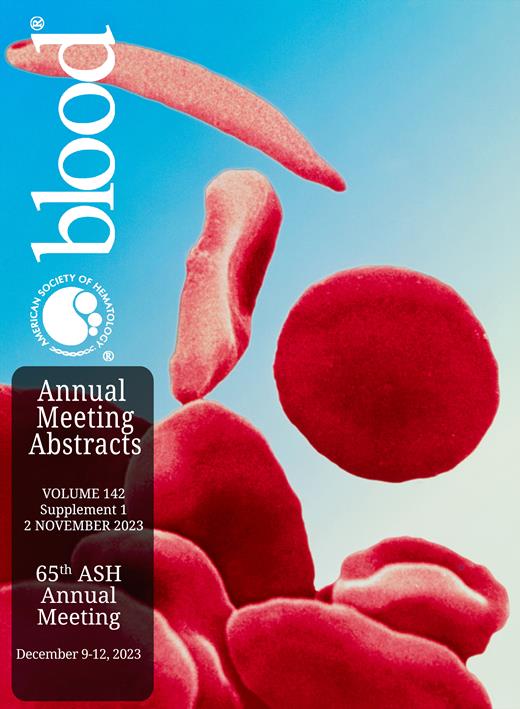Background:
Even in the CD19 CAR-T era, many patients with relapsed/refractory B cell non-Hodgkin lymphoma (B-NHL) need additional therapeutic options. Our group has identified CD72 as a therapeutic target for high-risk B-cell malignancies and validated anti-CD72 CAR-Ts (“nanoCAR”s) for these indications in relevant preclinical models (Nix et al., Cancer Discovery 2021, Temple et al., ASH 2022). However, patient B-NHL tumors may express a wide distribution of surface CD72, and our current CAR-T designs may be less efficacious for tumors with low antigen density.
We previously described the development of affinity-matured binders extending from our initial published anti-CD72 nanobody clone (NbD4), with ~20-60x higher target affinity (Temple et al.). Here, we tested the hypothesis that these higher affinity binders would better eliminate low antigen density B-NHL models, both in vitro and in vivo, and impact other properties including avidity, and antigen binding epitopes.
Methods:
Anti-CD72 affinity-matured binders were developed by random mutagenesis of CDR regions of the nanobody clone NbD4 (described in Temple et al.). CAR-T cells were generated by lentiviral transduction. CAR-T cell efficacy was tested by in vitro cytotoxicity assays and Incucyte live-cell imaging against lymphoma cell lines. For in vivo studies, JeKo-1 tumor cells were implanted at 1e6 per mouse and then mice were treated with 3.5e6 CAR+ T-cells at day 7. Tumors from mice bearing JeKo-1 that relapsed on CAR-T treatment were isolated and used in Incucyte assays.
Results:
We analyzed publicly available datasets of patient cohorts and found that CD72 is widely expressed, though with a broad distribution, across diffuse large B cell lymphoma (DLBCL), follicular lymphoma, and Burkitt lymphoma patient samples. In both DLBCL and chronic lymphocytic leukemia (CLL), high expression of CD72 correlated with significantly shorter overall survival (DLBCL: GSE10846, n=233, p = 0.0382; CLL: GSE22762, n=107, p = 0.00124, log-rank test). We confirmed expression of CD72 on 8 lymphoma cell lines by flow cytometry. In vitro against a subset of these lines, affinity-matured clone NbD4.13 showed improved cytotoxicity compared to parental NbD4 and similar cytotoxicity to a humanized variant (H24 clone).
We developed a JeKo-1 model of low CD72 antigen density (4.7x MFI reduction) by CRISPR/Cas9 knockout of endogenous CD72 and re-expression of a recombinant construct. In this “CD72 low” model, affinity matured clone NbD4.13 led to improved cytotoxicity vs. H24 ( p = 5.1e-4 by t-test). We previously showed that tumor isolated from JeKo-1 mice treated with H24 CAR appear to have reduced antigen expression at relapse (Temple et al.). We cocultured these post-relapse JeKo-1 tumors with various CD72 nanoCARs and found that NbD4.13 eliminates tumor significantly faster at 24 hours than H24 by live-cell imaging (p = 0.0054 by t-test). In vivo in a JeKo-1 model, NbD4.13 also out-performed the H24 clone with respect to survival benefit (p = 0.011 by log-rank for survival) ( Fig. 1).
To assess if additional differences beyond affinity may determine the efficacy of NbD4.13, we performed structural modeling using AlphaFold and HADDOCK. However, this analysis predicts NbD4, NbD4.13 and H24 bind a similar non-linear epitope on the CD72 monomer. Furthermore, acoustic force microscopy did not reveal a significant difference in binding avidity for any of the compared CD72 nanoCAR constructs.
Finally, we evaluated whether it could be possible to pharmacologically increase CD72, as co-treatment strategy to enhance efficacy of CD72 nanoCARs. We found that the Protein Kinase C inhibitor Bryostatin-1, previously demonstrated to increase CD22 antigen density (Ramakrishna et al., Clin Cancer Res 2019), could also significantly increase surface CD72 in vitro in both B-ALL and B-NHL models ( Fig. 2).
Conclusion:
NbD4.13-based anti-CD72 CAR is a promising candidate for further preclinical development for treatment of relapsed/refractory B-cell non-Hodgkin lymphoma. Given anticipated heterogeneity in CD72 expression in various lymphomas, pharmacologic co-treatment strategies may be considered to modulate tumor antigen density.
Disclosures
Nix:Cartography Biosciences: Current Employment. Larson:MGH: Patents & Royalties: author on patents related to cellular therapy. Maus:Novartis: Patents & Royalties; TCR2: Current equity holder in private company; Oncternal: Current equity holder in private company; Neximmune: Current equity holder in private company; Genocea: Current equity holder in private company; Century Therapeutics: Current equity holder in private company; 2SeventyBio: Consultancy; Promab: Patents & Royalties; Massachusetts General Hospital: Patents & Royalties. Wiita:Genentech/Roche: Research Funding; Sanofi: Honoraria.


